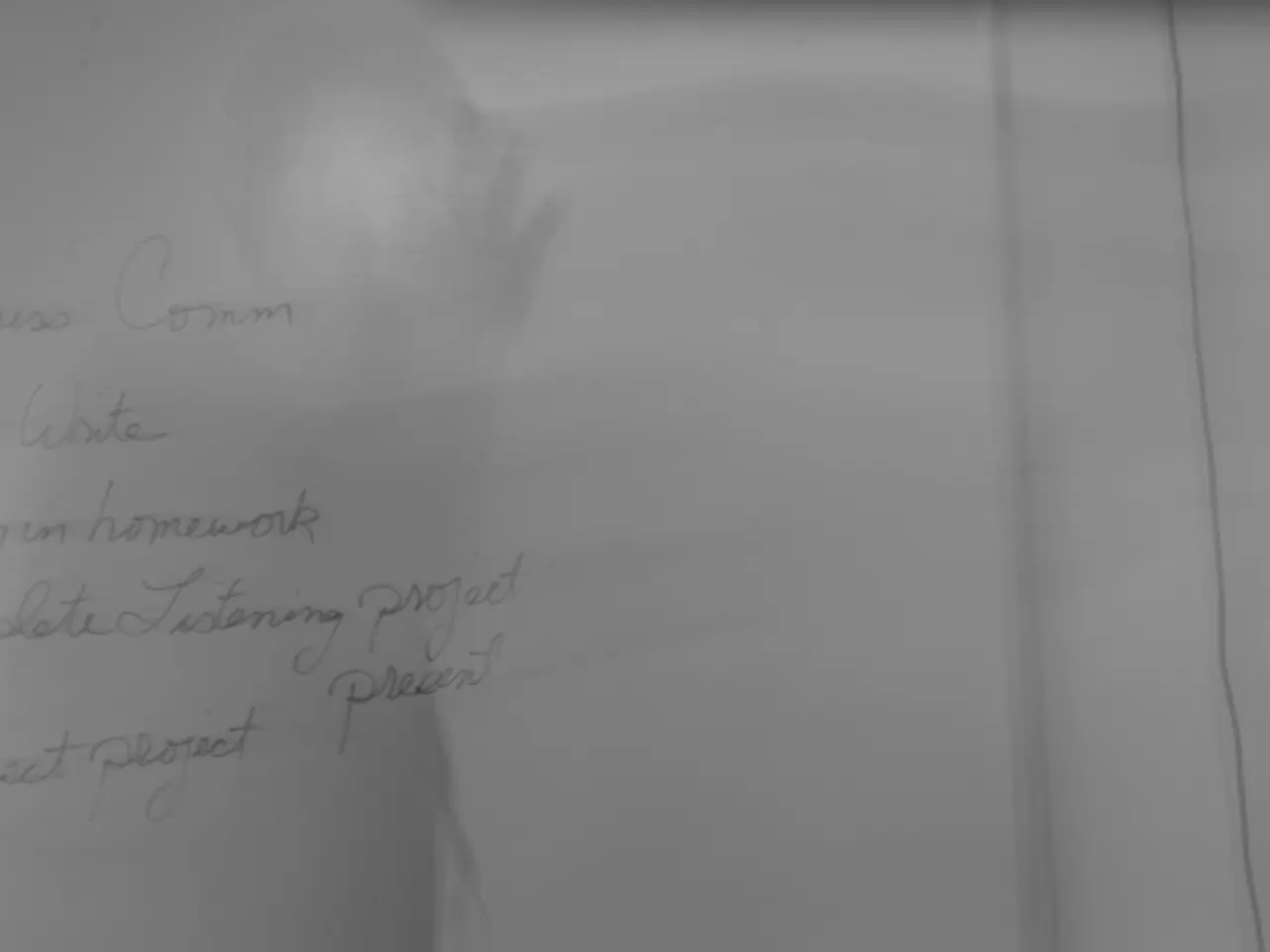Case of Nitta versus HMSA is returned to lower tribunal for reconsideration
Hawaii Supreme Court Rules Arbitration Clause in HMSA Contract Enforceable, but Rejects Arbitration for Certain Claims
In a significant ruling, the Hawaii Supreme Court has determined that an arbitration clause in the contract between physicians and the Hawaii Medical Service Association (HMSA) is enforceable. However, the court has also rejected the enforcement of arbitration for certain claims, including those brought by Dr. Frederick Nitta, Charlene Orcino, and the late Adrian 'Scott' Norton.
The ruling comes after HMSA's appeal of a decision last year by retired 3rd Circuit Chief Judge Robert Kim. Judge Kim had ruled that the contracts used by HMSA in making coverage decisions are 'contracts of adhesion,' meaning they were drafted entirely by the more powerful party and the other party was unable to negotiate. He also found that the contracts are 'unconscionable' and 'unenforceable' in the medical cases spotlighted in a civil suit by Dr. Nitta.
In his ruling, Judge Kim stated that Nitta's claims as a patient under HMSA's Small Business CompMED plan are not subject to arbitration because there is no arbitration clause. Similarly, Ted Hong, Nitta's attorney, noted that Norton's claims are not subject to arbitration because whether or not an arbitration agreement exists, the subject matter of his claims is not arbitrable.
The high court's ruling on Tuesday, however, found that the HMSA Quest policy handbook does not contain mandatory appeals or grievance remedies, and as a result, HMSA sought to dismiss Orcino's claims based on non-exhausted administrative appeals was unfounded.
The justices determined that the circuit court erred by ruling too broadly on the contracts themselves, not on the arbitration clauses in those contracts. As a result, they ruled that Norton, Dr. Nitta, and Orcino's claims may be separated and proceed to litigation on remand.
Ted Hong, Nitta's attorney, stated that the court can only do what is placed before them and that they will have another chance to clarify the unconscionability issue. He also noted that the justices took a meticulous approach to identify the claims before them, and the issue of the contracts' unconscionability was not necessarily the issue before them.
The case began when Orcino's son experienced chronic health issues after HMSA refused to cover a prescription written by Nitta for Nifedipine, a drug usually prescribed for high blood pressure or chest pain, but can also treat preterm labor. Orcino is seeking damages from HMSA for refusing to honor Dr. Nitta's Nifedipine prescription, which allegedly caused developmental challenges to her child due to premature birth.
Norton's case was merged with Nitta's and Orcino's by the circuit court. Norton later received the MRI, but by that time it was determined he was suffering from prostate cancer that had spread to his back, spine, hip, and ribs, and he died in 2023.
The arbitration agreements are subject to the Federal Arbitration Act, and the party seeking to enforce the arbitration clause in contracts with HMSA is the Hawaii Medical Service Association itself. The justices' 5-0 ruling marks a significant development in the ongoing legal battle between HMSA and the plaintiffs.
Read also:
- Americans Lose Insurance Under New Tax Legislation, Affecting 10 Million Citizens
- Drug therapy for ADHD effectively minimizes risks of self-harm, accidents, and criminal activities
- Pregnancy Care Providers Suggest Avoiding Marijuana and Suggest Widespread Testing for It
- Understanding Tension Headaches: Their Nature and Characteristics







